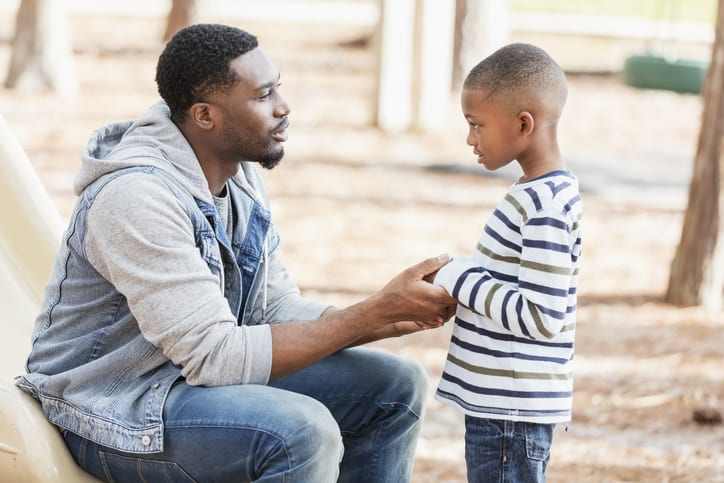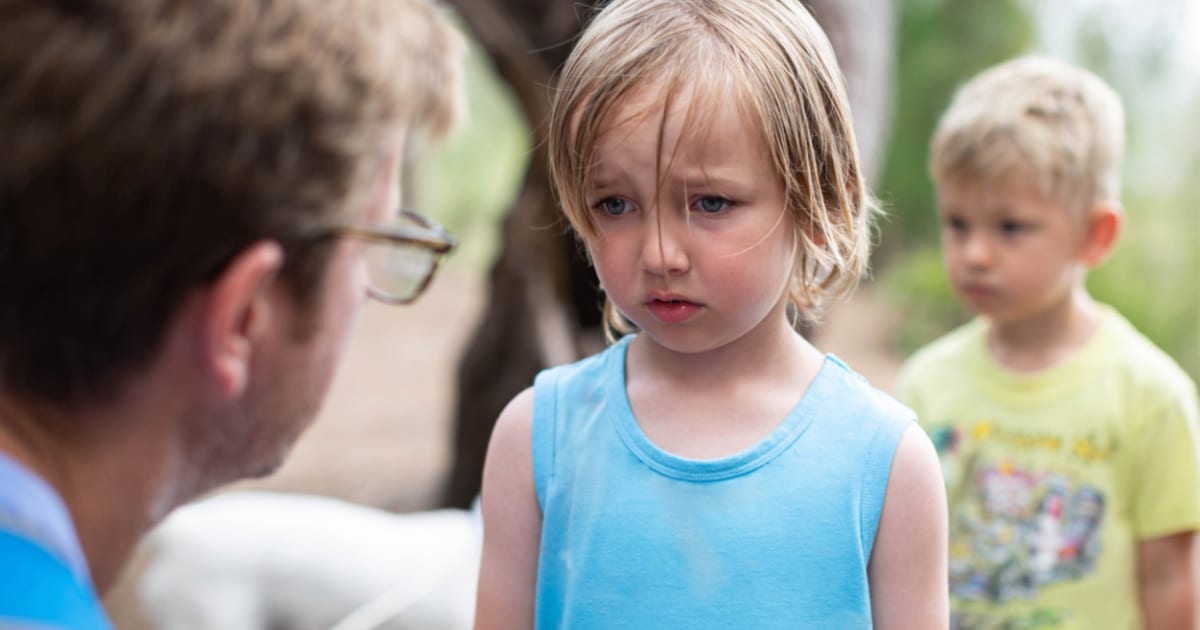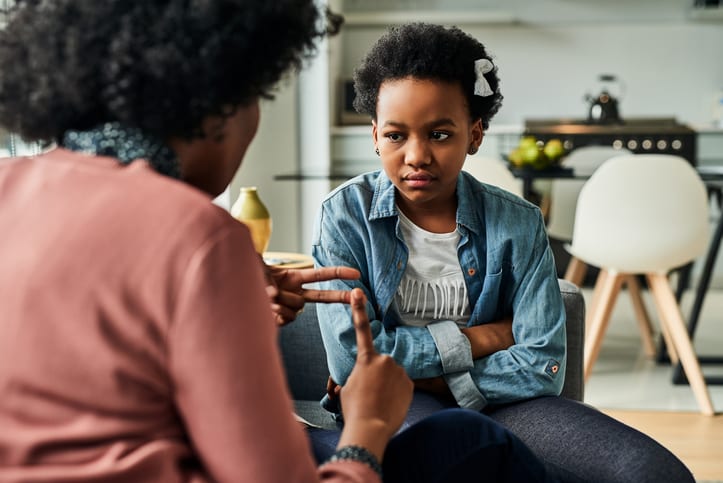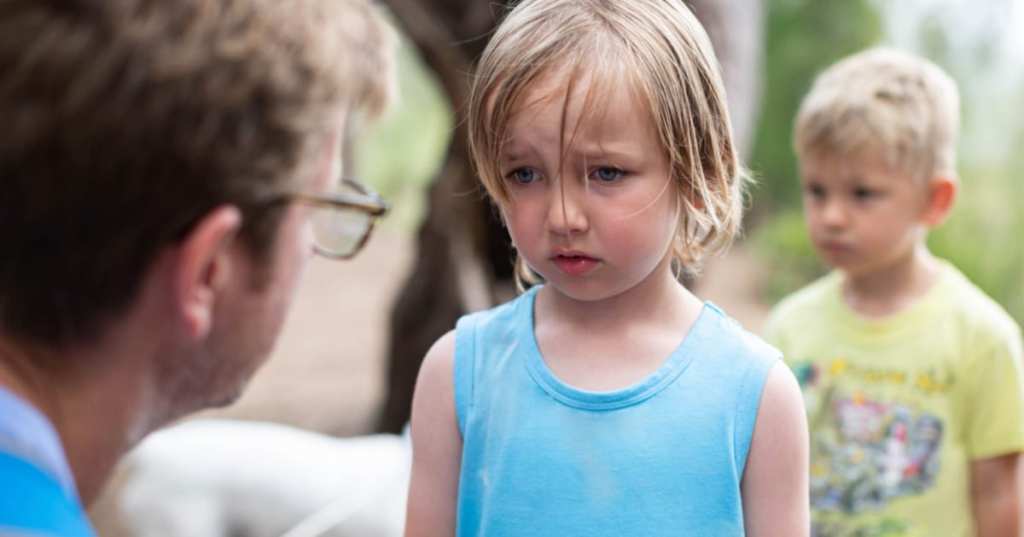Trending Now
There are many options when it comes to disciplining children, and in general, as long as no one is getting hurt, people tend to leave family business up to the individual families who have to live with their choices.
That said, I think that most of us want to raise healthy and happy kids, and to avoid the mistakes and pitfalls that affected us growing up.
The funny thing is that even though most of us would agree that we didn’t enjoy being spanked, and that it didn’t affect our behavior the way our parents hoped, we tend to think still that spanking is ok.

Image Credit: iStock
If you’re wondering what sort of discipline style might work in your home, here are some facts about how spanking can affect your child’s brain.
They come from licensed psychologist Dr. Han, who spoke with Buzzfeed about her work with children and how spanking, specifically, affects them.
The bottom line is that Dr. Ren sees spanking as a result of generational trauma.
“This is still something that’s a remnant of the old ways of dealing with conflict and it persists within the parent-child relationship. Mostly because people say, ‘I was spanked and that’s how I know how to discipline my children.’ They don’t have access to alternatives so they think this is the only way they can raise law-abiding good citizens.”
Basically, just because something is the way your culture has always done it, or because your parents and their parents thought it was the best tool to use based on what they knew, doesn’t mean repeating it is the best idea.

Image Credit: iStock
“So many communities of color, especially, use spanking as part of what they deem ‘cultural.’ I think we confuse what’s cultural with what’s generational trauma because it’s something that was used on our people. These are communities that have been enslaved and oppressed and colonized. It was the most common method of keeping people in line and that gets passed down through the body, through generations. So we confuse it, thinking it’s culture.”
The past 30 years of research suggests that spanking is linked to depression and anxiety, as well as aggression, impulse control, anger, and “other problems that infringe on the rights of others.”
Dr. Ren also says that they see “poor cognitive development, such as difficulty with concentration, thinking, and planning. Poor emotional regulation, poor personal conflict resolution, and other maladaptive, problematic outcomes.”
A study out of Harvard used a fMRI machine to monitor how a child’s brain changes in real time, and the results have been enlightening.
“This study looked at brain activation in the amygdala, which is the part of the brain responsible for emotion, especially fear and anger. They also looked at the prefrontal cortex – the part of the brain that’s responsible for executive function, decision-making, planning, and higher-order thinking.”
Children’s brains react to a fearful face with more activity than a neutral face, and children who have been spanked react even stronger to that fearful face than their non-spanked counterparts.
If you’re looking for alternatives to spanking, Dr. Ren has a few helpful suggestions.

Image Credit: iStock
“We need to teach kids who are really little how to self-regulate. Take deep breaths or find other sensory outlets, like screaming into a pillow. Teach them to self-monitor – like ‘am I hungry?’, ‘am I tired?’ – and give them the vocabulary for expressing their needs.”
The good thing about parenting today is that there are tons of resources online if you have questions or want to intentionally seek out alternative ways to raise your child.
Go forth to TikTok, my friends, and be prepared to change the way you think!






